Two recent stories in the bastions of mainstream media draw attention to the study of capitalism and Marx. That’s all to the good, even if the articles treat this like a fashion trend.
In late March, Time Magazine’s article entitled “Marx’s revenge: How class struggle is shaping the world,” was remarkable for its unequivocal endorsement of Marx’s relevance. Now maybe we can get them to start reporting on things like the two-day general strike in India, something that neither Time nor the so-called paper of record, the New York Times, seemed to think was worth reporting. The Times’ columnist Thomas Friedman’s taxi driver informants seem to have participated in this strike as well.
But in Sunday’s New York Times, there was a story about the growth of programs in the study of capitalism at elite universities in recent years. The article gives a welcome highlight to the work of Seth Rockman, Bethany Moreton and others who straddle the boundaries between economic and labor history. “Instead of searching for working-class radicalism, they looked at office clerks and entrepreneurs, ” the article assures the readers, as though these scholars are doing sensible things instead of holding out faith in workers’ movements. Certainly for some of the historians of capitalism, this as a false dichotomy. In Rockman’s work, for example, we find political economy studied from above and below, in order to understand these old questions as well as new ones.

But surely Sven Beckert, one of the featured historians, was quoted incorrectly as saying his History of American Capitalism course was the “first of its kind.” Here in the hinterlands of Northern Illinois University (once known as the Little Red Schoolhouse on the Prairie) Marxists who found a safehouse in the 1950s started the course decades ago, and it’s been taught pretty regularly since. In 1997, colleagues here who sensed the trends of the “end of history” tried to turn the course into a History of U.S. Business course. There were enough remnants of radical sensibility to keep the course as is. We argued these were different things, and that we could use a U.S. Business history course too, just as we have a Labor History course, no matter how much these topics overlap.
For some of us, political economy was always a core way of understanding labor history, so it’s good to know that everything old is new again, and we can call it a trend. As someone who labeled the first chapter of her book, “the political economy of control,” (perhaps mistakenly for sales!) there is no better way than political economy to effectively blend social and capitalism history.

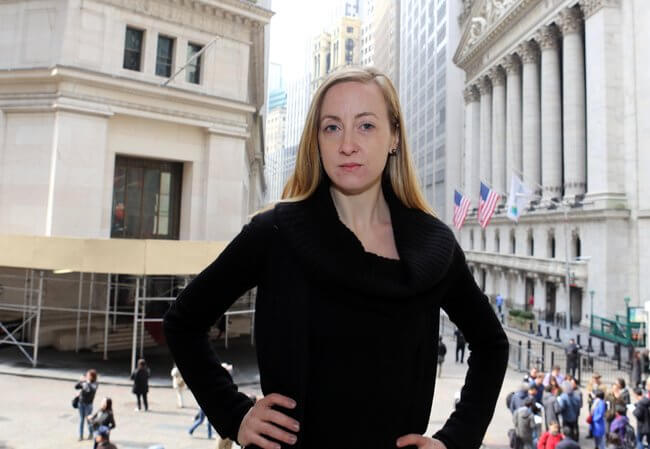

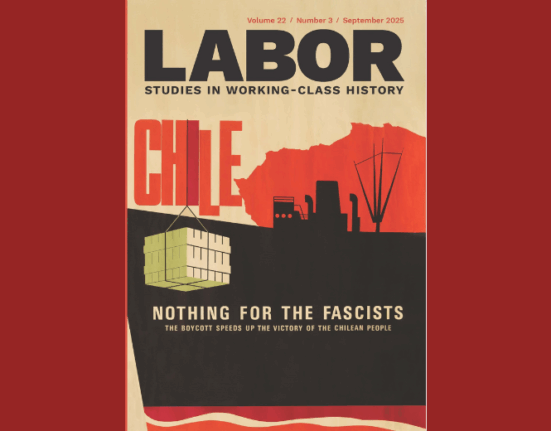
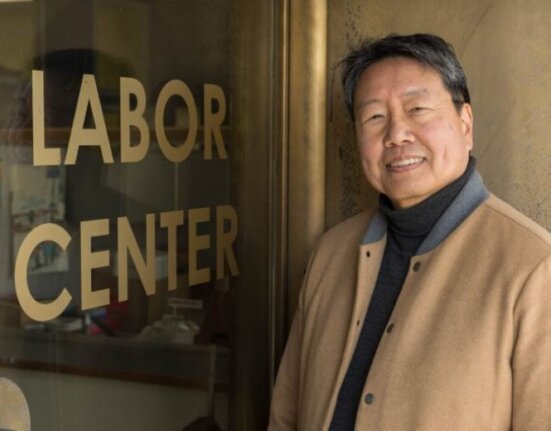
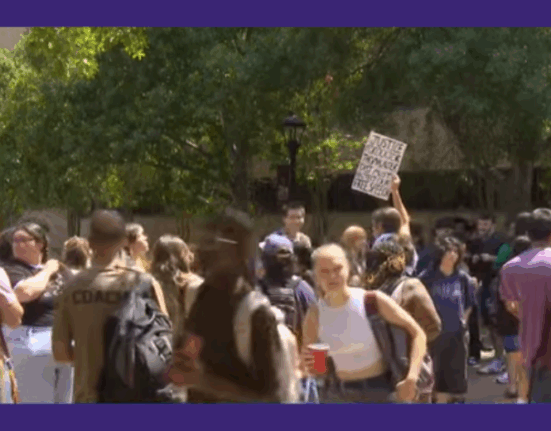
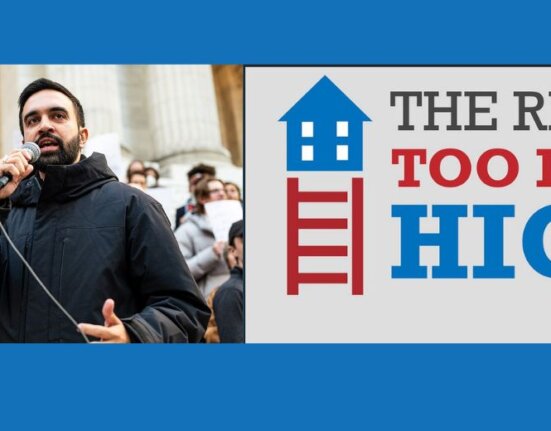
1 Comment
Comments are closed.